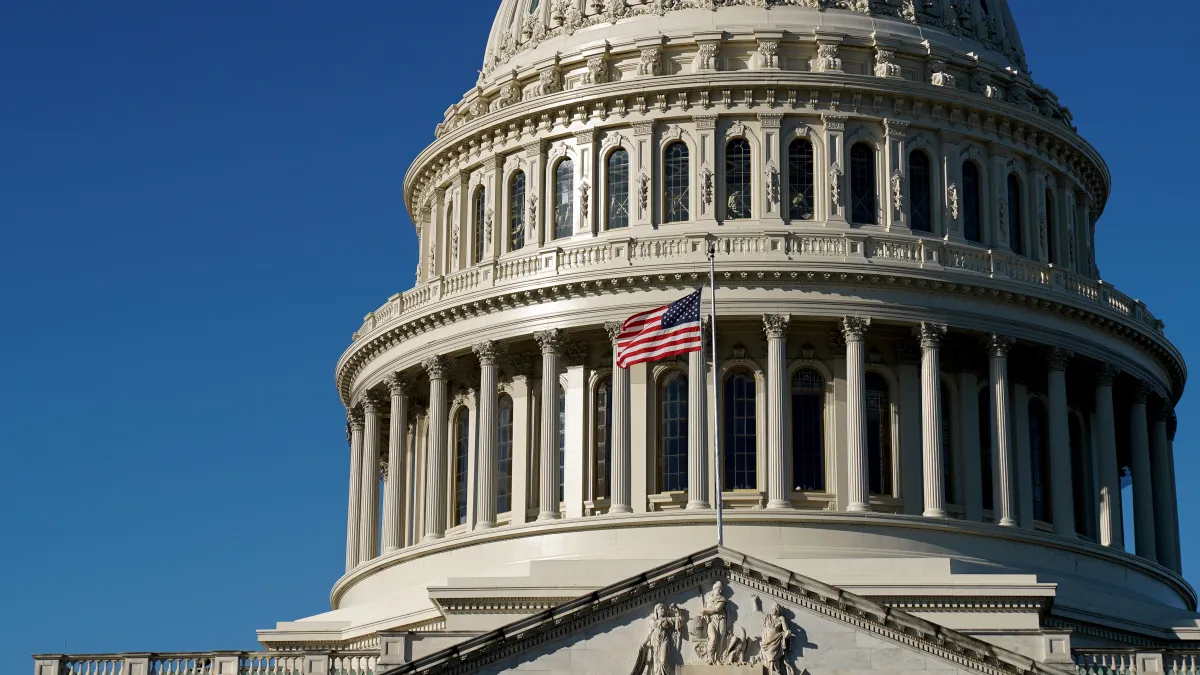
The federal government could run short on funds in August or September if lawmakers fail to raise or suspend the debt ceiling before that time, the Congressional Budget Office warned in a new analysis released Wednesday.
Much depends on the timing and amount of tax payments that come in during tax season, CBO noted, and any revenue shortfalls - which are a growing concern amid dramatic cutbacks at the IRS by the Trump administration - could move the date forward. "If the government's borrowing needs are significantly greater than CBO projects, the Treasury's resources could be exhausted in late May or sometime in June, before tax payments due in mid-June are received or before additional extraordinary measures become available on June 30," CBO said.
The debt limit was suspended under the Fiscal Responsibility Act in June 2023 but was reinstated at a level of $36.1 trillion this past January. The Treasury quickly started relying on "extraordinary measures," such as suspending contributions to certain federal employee retirement funds, to provide enough headroom to make payments. Options for deploying such measures will eventually run out, at which point the government may default.
Experts have warned repeatedly about the extremely negative repercussions of triggering a default, and U.S. debt has been downgraded in the past because lawmakers have failed to address the issue in a timely and civil manner. As CBO noted, a delay in payments for government activities or a default in debt obligations "could result in distress in credit markets, disruptions in economic activity, and rapid increases in borrowing rates for the Treasury." Some economists think a default could trigger an immediate recession, and possibly a global crisis.
What comes next: Republican lawmakers are currently mapping out their strategy for raising the debt ceiling, with the Senate reportedly warming to a House plan to include a $4 trillion debt limit increase in a massive reconciliation package that would also extend the 2017 tax cuts and slash at least $1.5 trillion in spending. There are still serious concerns about such a package. For one thing, some GOP lawmakers may not be willing to vote for an increase in the debt limit, complicating any path to passage. Also, the House plan is expected to require big cuts to Medicaid, which could be a tough sell politically. Tying the debt limit to that package could thus heighten the risk of default.
GOP lawmakers have their work cut out for them as they try to stick to an aggressive schedule that calls for finishing their reconciliation work by the end of May.